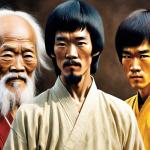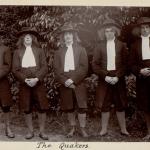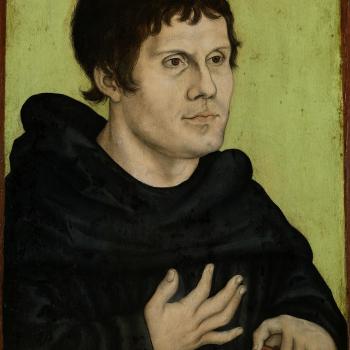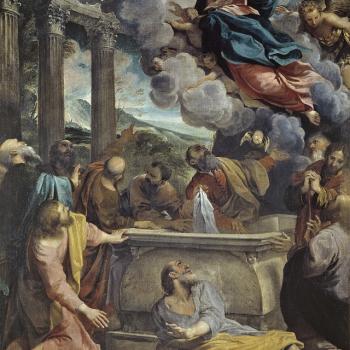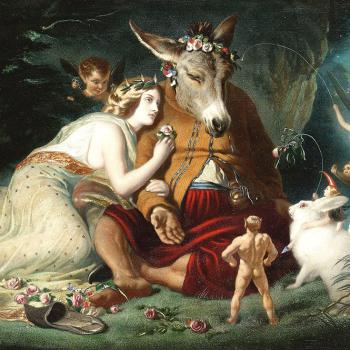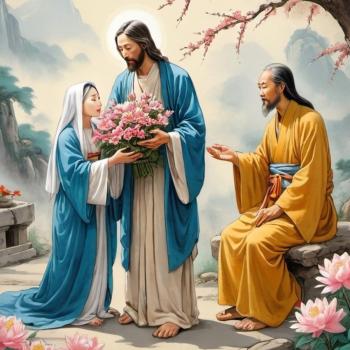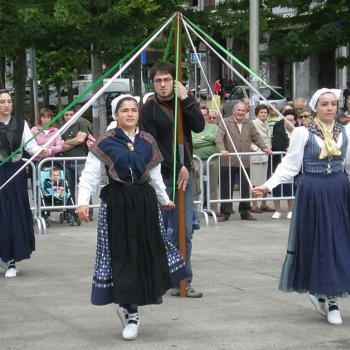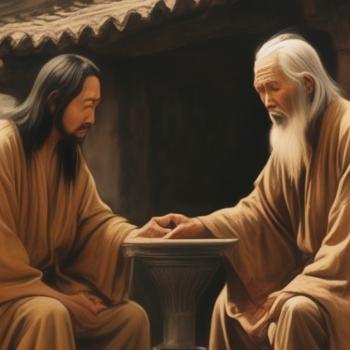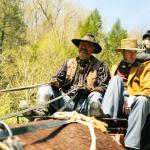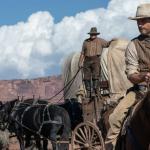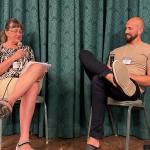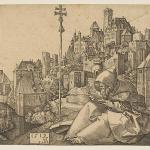In the US, Memorial Day is a time to honor the past, but not get stuck in it. It’s a time to grieve, reconcile, and move toward the future.
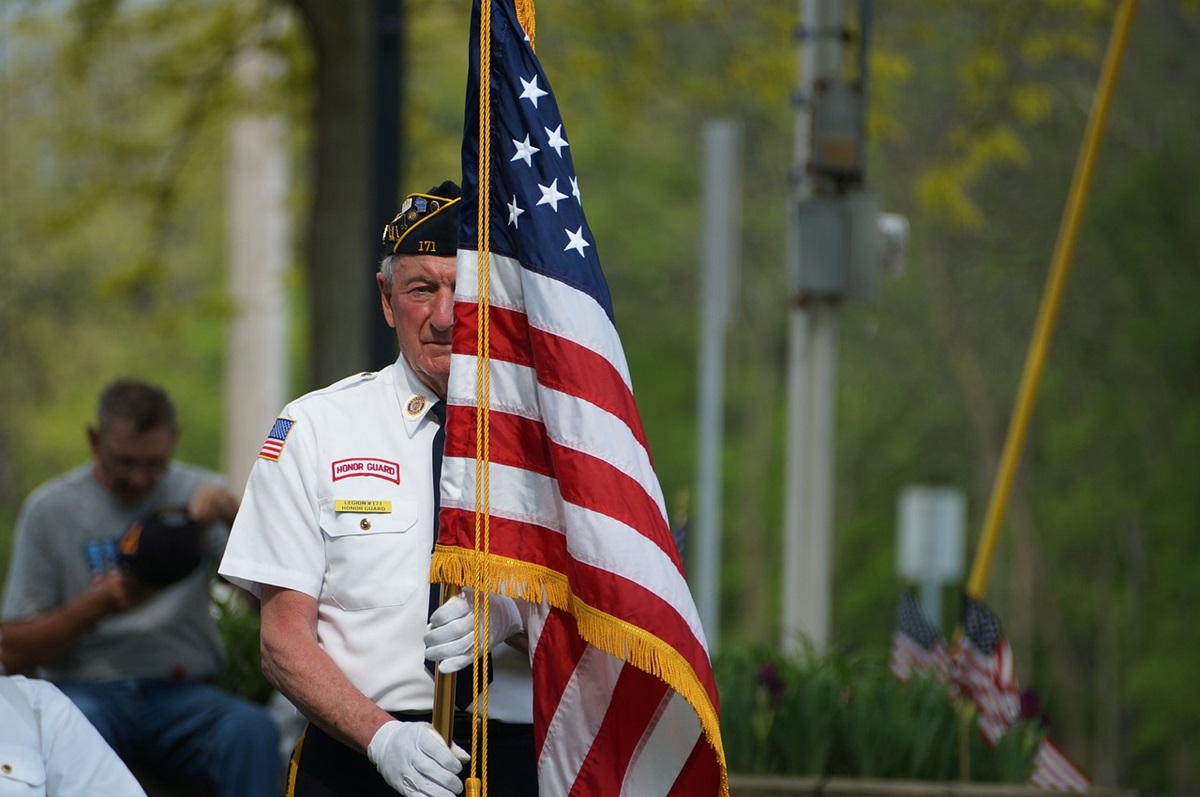
This Monday is Memorial Day in the US. It’s a day with a long history of honoring the nation’s heroic dead. The holiday began as Decoration Day at the end of May 1868. In the wake of the Civil War, the United States declared a day for decorating the graves of fallen American troops. The South, however, refused to acknowledge the day, observing a different day to remember the Confederate dead.
However, after World War I, Memorial Day was declared for the last Monday in May to honor all slain soldiers from all American wars. Today, Memorial Day is part of a three-day weekend during which we honor those who died defending the country. How we honor the dead (not just fallen heroes but all of our dearly departed) reflects who they were. But it also speaks volumes about the kind of people we are.
Showing Grief and Honoring Requests
Genesis 50 depicts Hebrews in Egypt honoring their dead. Jacob (Israel) has passed, and his descendants pay their respects. Pharoah himself, along with his whole house, joins this grief. Israel’s son Joseph throws himself on top of his father and weeps, demonstrating how appropriate it is to display the deep emotions you feel at a loved one’s departure.
Probably on the government dime, Egyptian mummification specialists start their work. Once completed, Joseph honors his father’s final request not to be buried in Egypt, but back home in Canaan. So, in royal procession, they return with the body and lay him in a family-owned grave near Mamre. From these verses, we learn how important it is to show grief and honor the memory of our dearly departed by fulfilling their final requests, whenever possible.
Making Peace with the Past
Part of good grieving is making peace with the past. Joseph suffered much at the hands of his brothers. Now, with their father gone and Joseph holding a place of power, they expect him to retaliate. Instead, Joseph expresses forgiveness for his brother’s failures. Verses 19-21 say:
But Joseph said to them, “Do not be afraid! Am I in the place of God? Even though you intended to do harm to me, God intended it for good, in order to preserve a numerous people, as he is doing today. So have no fear; I myself will provide for you and your little ones.” In this way he reassured them, speaking kindly to them.
Just as Joseph’s family needed to make peace with their past, we need to reconcile, when possible, with those who have wounded us. A few years ago, I buried my Uncle Harry. Because that side of the family had been feuding for years, I took the opportunity during the eulogy to remind them that life is short and we have too much living to do, to hold grudges. I called them out on their petty squabbles, encouraged forgiveness, and asked them to let this tragedy reunite them. And to some degree, it did. Honoring loved ones means making peace with each other, and peace with the past.
Honor the Past; Look to the Future
Later in the same chapter, we read of Joseph’s death, and how it teaches us to honor the past but look to the future. Joseph prophesies that one day his family (the Jewish nation) will return to Canaan from Egypt. Verses 24-25 say:
Then Joseph said to his brothers, “I am about to die, but God will surely come to you and bring you up out of this land to the land that he swore to Abraham, to Isaac, and to Jacob.” So Joseph made the Israelites swear, saying, “When God comes to you, you shall carry up my bones from here.”
Joseph wanted his family to honor him by mummifying him in the same fashion as his father. But, once that was done, he wanted his descendants to focus forward rather than resting on the glories of the past. He knew that just as the past can teach us, it can also bind us. He did not want his descendants to remain in Egyptian slavery simply because that’s where their heritage lay. He wanted them to carry their past with them into the future that God was giving them. For you, it’s important to be able to cherish the past but venture into an unfolding future. Each of us carries our ancestors into the Promised Land, if we honor our dearly departed but then forge our own way.
Completing the Journey
Exodus 13:19 tells of Moses, hundreds of years after Joseph’s death, bearing the hero’s bones with him as he set out for the Promised Land. In his way, he fulfilled the oath Joseph’s family made to him. Later, Joshua 24:32 recounts the completion of Joseph’s journey:
The bones of Joseph, which the Israelites had brought up from Egypt, were buried at Shechem, in the portion of ground that Jacob had bought from the children of Hamor, the father of Shechem, for one hundred pieces of money; it became an inheritance of the descendants of Joseph.
Why was it important that Joseph be buried in Shechem? That place had special significance.
Burying False Gods
Shechem was where Jacob buried his family’s false gods (Genesis 35:4), many years before. So, that’s where Joseph wanted his remains to rest. Joseph knew that people tend to turn the past into an idol, worship relics, and cling to the ways of their ancestors so that they don’t move into the future. Joseph knew that when his time was gone, his people should remember him—but then they should lay him to rest. He wanted his people to be able to honor their dearly departed without worshiping them as false gods. We must be able to do the same.
It’s good to honor fallen national heroes on Memorial Day. So, if you’re an American, go ahead and plant your flags at cemeteries and have your civil ceremonies at the cenotaph. But please, whatever you do, don’t let proper respect turn to idol worship by bringing your Memorial Day observances into the church. Don’t let your patriotism become Christian Nationalism by equating US citizenship with Christianity. Too many churches allow their worship services to become idols of Americianity. Instead, honor the past—then let the past lie in its grave.
Walk By Faith, Not By Sight
2 Corinthians 5:7 says, “For we walk by faith, not by sight.” When we live by sight, we set our sails by what we’ve known in the past. That only keeps us going backward. When we walk by faith, we set our course in an unknown direction. But we believe that God has a Promised Land ahead and that the best is yet to come. This Memorial Day, as you honor your dead, I pray you’ll look to the undiscovered country that lies in front of you—not to the heroes who paved the way.



